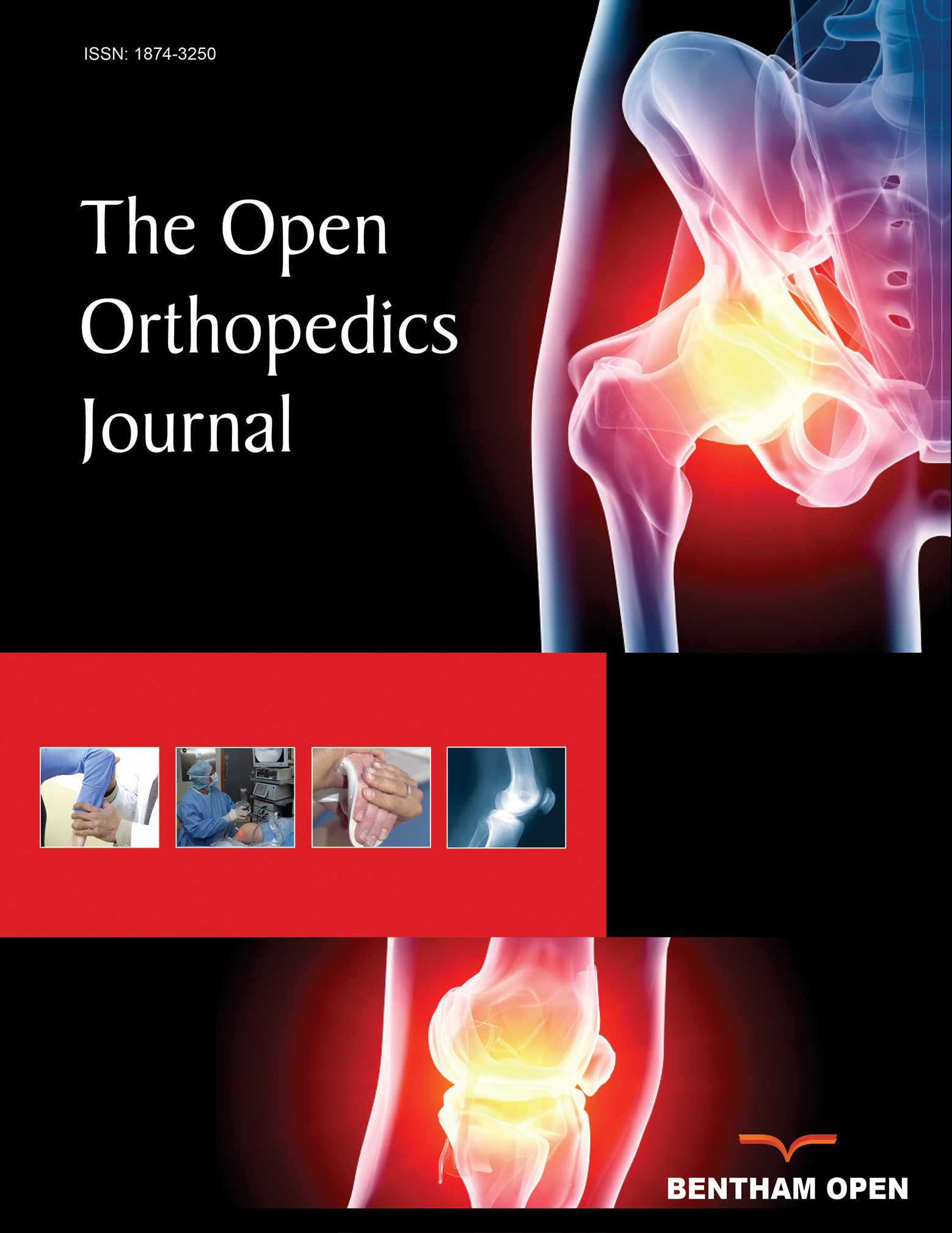All published articles of this journal are available on ScienceDirect.
Complications after Spinal Surgery in Patients with Parkinson’s Disease
Abstract
Background:
Several studies have shown that spinal surgeries in patients who suffer from Parkinson’s Disease have a high rate of complications. These patients often need revision surgery.
Objective:
This is a retrospective study involving 21 patients with Parkinson’s Disease. This study aimed to examine the complications after spinal surgery.
Methods:
We studied 21 patients with Parkinson’s Disease retrospectively, who had undergone a previous operation by the same surgeon between 2004 to 2019. There were 11 females and 10 males. The mean age was 71.9 years (range, 52 to 85). However, the initial diagnosis and types of surgery were different. The mean time of follow-up for each patient was 3.6 years (ranging from 2 to 8 years).
Results:
Most of the patients had a post-operative complication within a period of three years. Τhe most common complication was kyphotic deformity and camptocormia. Twelve patients (57.1%) underwent revision surgery, and three patients (14.2%) denied treatment. In four patients (19.04%), kyphotic deformity or stooped posture remained. Only one patient (4.7%) presented with no complication in a follow-up of 8 years.
Conclusion:
Patients with Parkinson’s disease have a high rate of complications after spinal surgery and often need revision surgery. For this literature review, the overall number of patients was 502, and the mean revision rate was 43.6%. The surgeon must inform patients of possible complications, and a thorough post-operative observation must be implemented.


